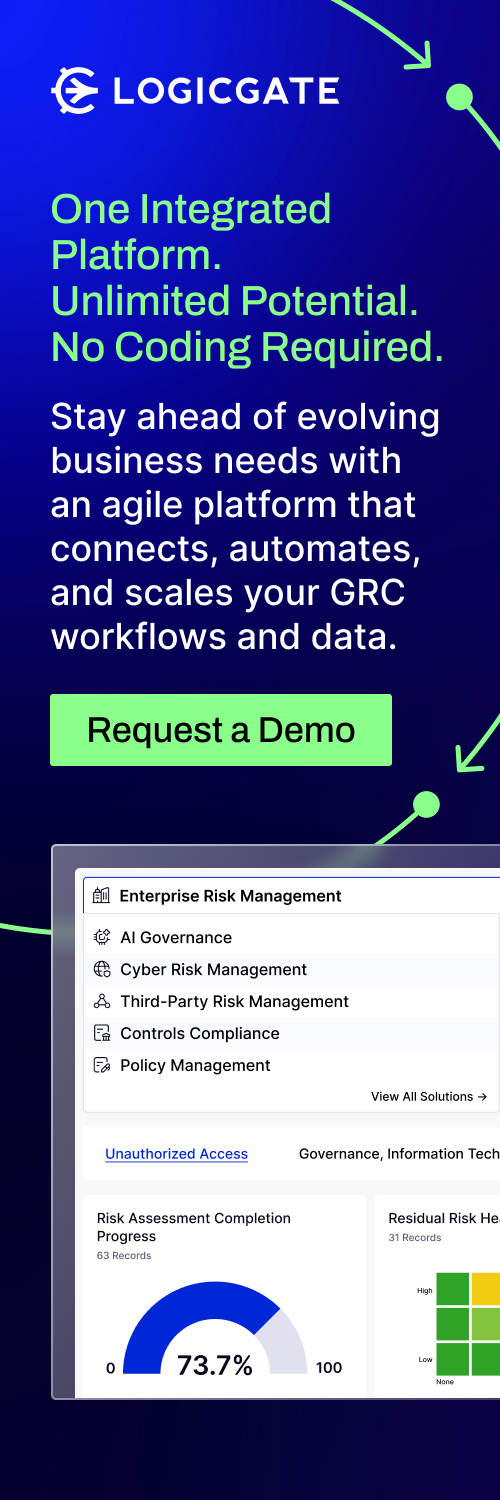The European Banking Authority has pushed back the deadline for the migration to Strong Customer Authentication (SCA) standards to 31 December 2020, giving national authorities a 15-month extension to implement the new rules.
Corporate treasurers view the advance of cloud computing as the most important technological development facing the industry over the next five years, followed by Big Data analytics and artificial intelligence.
The average cost to financial services organisations of restoring services after a Domain Name Service Attack has risen by 40% to an eye-watering $1.3 million, according to new research.
AutoRek have released an industry report which takes a deep dive into the world of data management in financial services, alongside the various factors which have grown it into a board-level concern at many firms. The paper, Investing in the Automation Revolution, was released last week in conjunction with WBR Insights.
The three European Supervisory Authorities (EBA, EIOPA and ESMA - ESAs) published today their second joint Opinion on the risks of money laundering (ML) and terrorist financing (TF) affecting the European Union's (EU) financial sector.
Mastercard has launched a a service, called Threat Scan, to help banks proactively identify potential vulnerabilities in their authorisation systems.
The Monetary Authority of Singapore has identified IT supply chains as a critical weakness in the cyber defences of major banks.
The central bank's Cyber Security Advisory Panel (CSAP) notes the growing frequency of attacks on IT supply chains as a means to circumvent the cybersecurity walls erected by banking institutions.
AxiomSL, the leading provider of regulatory reporting and risk management solutions, today announced completion of The Service Organization Control (SOC) 2 Type II audit of RegCloud that confirmed the effectiveness of the firm’s internal controls for compliance and data protection.














